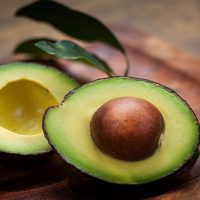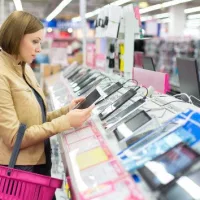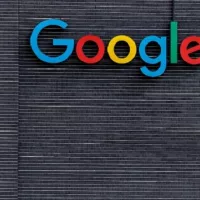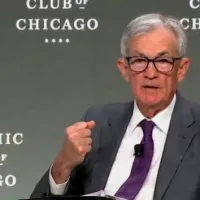
 MarsBars/iStock(NEW YORK) — Is there anything worse than waiting for an avocado to be perfectly ripe, then cutting into it to find mushy brown streaks throughout? So much for what could have been great guacamole or the perfect toast topping.
MarsBars/iStock(NEW YORK) — Is there anything worse than waiting for an avocado to be perfectly ripe, then cutting into it to find mushy brown streaks throughout? So much for what could have been great guacamole or the perfect toast topping.
Well, one food-tech startup has created a product that avocado lovers everywhere might get behind — and it’s about to hit one of the largest regional grocery stores in the U.S.
Kroger is partnering with Apeel Sciences to take the food tech’s longer-lasting avocados to shelves at more than 1,100 of its stores across the U.S. over the next few months
“Apeel’s innovative food-based solution has proven to extend the life of perishable produce, reducing food waste in transport, in our retail stores and in our customers’ homes,” Kroger’s vice president of producer Frank Romero said in a statement.
Along with the longer-lasting avocados, Kroger will also stock shelves in its Cincinatti market with two new produce foods from the startup, Apeel asparagus and Apeel limes, starting this fall.
The product features a natural, plant-based protective coating that can be applied to the skin of avocados, which the food tech startup promises can double the fruit’s shelf life.
The partnership between Apeel and Kroger is a “milestone” towards Kroger’s “Zero Hunger, Zero Waste” initiative, which aims to eliminate waste within the company by 2025, Romero said.
The invisible coating is derived from plants and “keeps moisture inside produce and oxygen out, which dramatically slows the rate that produce spoils,” according to the manufacturer, Apeel Sciences. Food suppliers spray the produce with the formula before shipping out to grocers.
It’s made of lipids and glycerolipids that are naturally occurring in the peels, seeds and pulp of fruits and vegetables, the company said.
Apeel is safe to eat and fully compliant with all U.S. Food and Drug Administration regulations, according to the startup.
“Because Apeel is made of widely used plant-derived materials —- specifically, lipids and glycerolipids —- that are commonly and naturally found in foods, it is designated FDA GRAS or ‘Generally Recognized As Safe,'” James Rogers, CEO and Founder of Apeel Sciences, said in 2018.
Not only is the product appealing to consumers, it’s an investment opportunity that big names like Bill Gates have already gotten behind.
The privately-held Santa Barbara-based startup was founded in 2012 with a grant from the Bill & Melinda Gates Foundation to help reduce post-harvest food loss in developing countries. Since it’s conception Apeel Sciences has additional backing from six other notable investors, including the Rockefeller Foundation.
Copyright © 2019, ABC Radio. All rights reserved.














